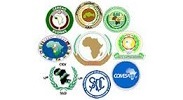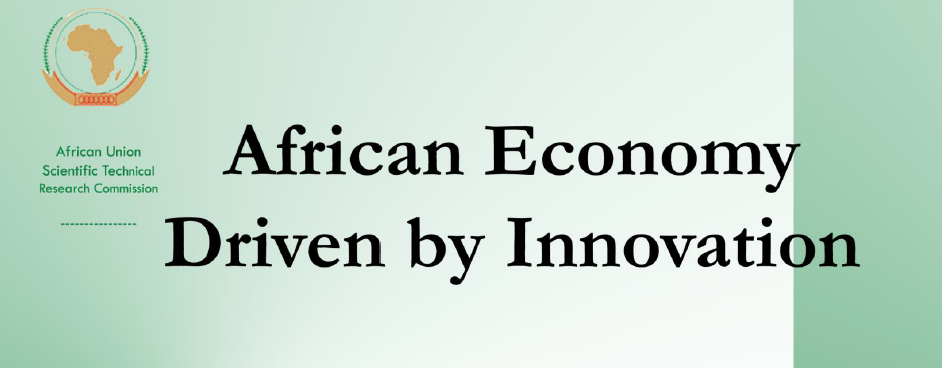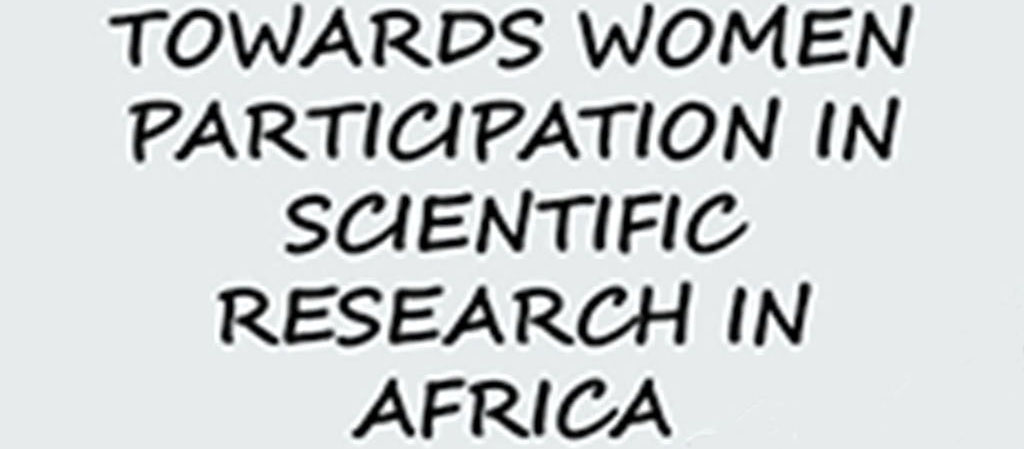Mitigating the Impact of Natural Risks and Disasters in Africa and Redefining the Position of STI through Harnessed Scientific Synergies towards Sustainable Development in Africa
Emerging economies and developing countries are currently struggling to implement an effective risk reduction strategy, and climate change has the potential to rapidly exacerbate this situation, particularly across the African continent. Climate change threatens Africa’s cities and rapidly urbanising coasts where about 40 % of Africa’s population – some 400 million people – lives. Since 2010, the urban population growth rate in Africa has been 3.2 %per year on average. This is the highest in the world, resulting in more urban areas with bigger populations, as well as an expansion of the existing ones.
Thus, urban and land use planners, managers and researchers within the African context need reliable forecasts of the local impacts of climate change and better equipment for strengthening the coping capacities of urban communities. CLIM-AFRICA aims to develop urban climate knowledge and responses in the context of 5-40 year urban futures for selected African cities building on the results of the FP7 Project CLUVA (CLimate change and Urban Vulnerability in Africa, http://www.cluva.eu/) (see publication in annex).
The project will develop climate change projections and maps of climate related hazards and risks assessing the social, physical and ecosystems’ vulnerability of selected cities. The project will also develop innovative climate change adaptation strategies using a bottom-up approach and will be driven by the needs of endusers to mainstream selected climate change impacts and adaptation into existing policies and practices
The seismic hazards being among the major threats for societies, seismotectonic studies and maps are a necessary step for the mitigation of earthquake disasters in Africa. Seismic risk is increasing sharply in African countries, due to rapid population growth and urbanization. The realistic seismic hazard and risk assessment at a regional scale along with the determination of geological and geophysical hazards requires the building of a databank and the analysis of major seismic sources. In this project, the preparation of thematic maps in seismotectonics, earthquake hazard and risk assessment including seismic scenarios for some of the major cities on the continent constitutes an important objective necessary for the social and economic development of Africa.





























